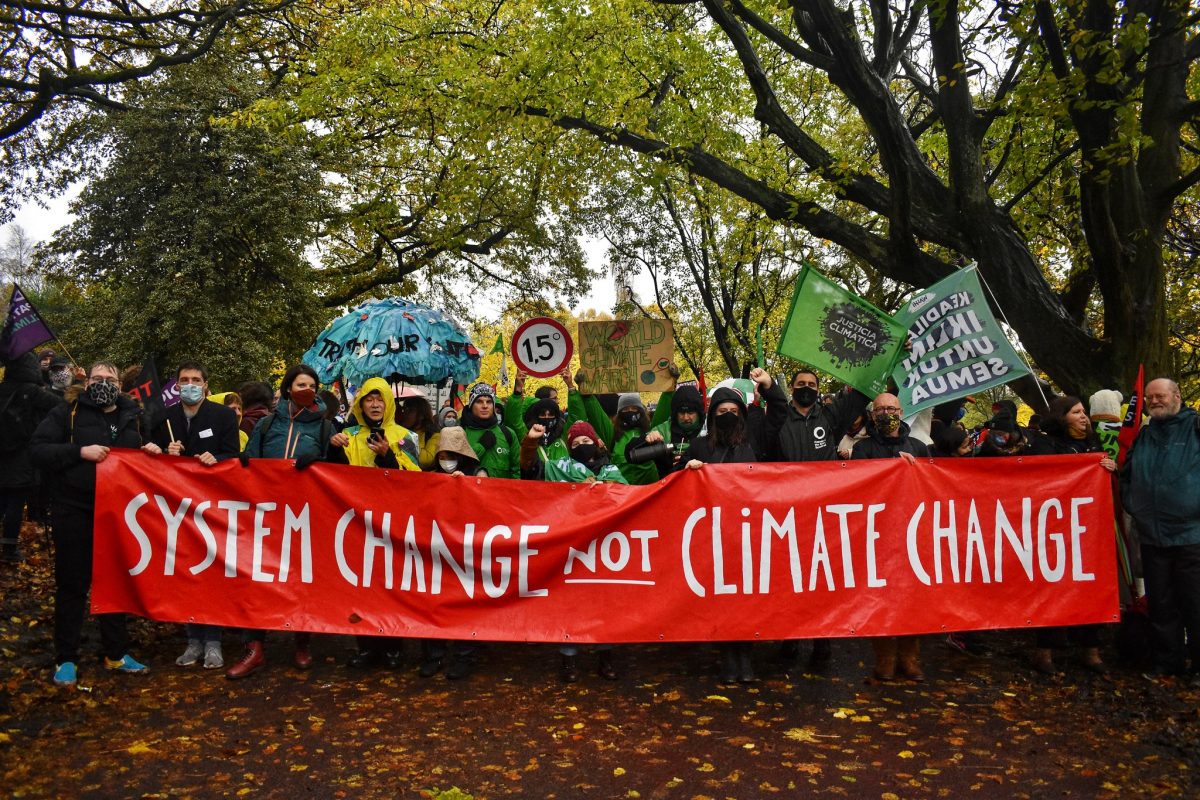
Expert scientific report points to serious concerns for a Scottish unconventional fossil fuel industry
Commenting on the report of the Scottish Government’s Independent Expert Scientific Panel on Unconventional Gas, published today, Friends of the Earth Scotland Head of Campaigns Mary Church said:
“This expert independent report raises a number of very serious concerns related to unconventional fossil fuel extraction including impacts on public health and climate. The analysis clearly demonstrates that even if all the environmental, health and regulatory issues could be overcome, there still wouldn’t be a US-style bonanza here, simply because the cost of extraction and the technical and geological challenges are too great. It is simply wishful thinking to imagine that it is possible to safely frack for unconventional gas in the most densely populated part of the country.
“The Expert Panel had a very broad remit to cover in a short period of time, so we welcome the Scottish Energy Minister’s acknowledgement that more work needs to be done, particularly in terms of health, public acceptability and regulatory gaps.
“However, unconventional gas exploitation isn’t some far off prospect that gives Government time to play with to get things right. Communities in Scotland are facing commercial coalbed methane extraction on their doorsteps in the coming months. There is nothing in the findings of the Expert Panel to suggest that the precautionary principle should not apply to fracking. The Scottish Government should immediately put a moratorium on all unconventional gas extraction at least until a full strategic assessment of the public health implications has been carried out.”
The timing of the report, on the same day as DECC’s launch of the 14th round of onshore oil and gas licensing, in which shale and coalbed methane licenses are being offered across a vast swathe of Scotland, and following the Scottish Government’s tightening of planning rules, means licenses north of the border are likely to be an even less attractive option to fracking companies.
The report also comes as Reporters from the Department for Planning and Environmental Appeals are taking further evidence in Dart Energy’s application for commercial coalbed methane extraction at Airth. The plans are opposed by thousands of people in the local area, and by Falkirk and Stirling Councils.
ENDS
Notes to Editors
1. The report of the Independent Expert Scientific Panel on Unconventional Oil & Gas is available at: http://www.scotland.gov.uk/Publications/2014/07/1758
The remit and membership of the Independent Expert Scientific Panel is at: http://www.scotland.gov.uk/Topics/Business-Industry/Energy/resources/Pan…
Friends of the Earth Scotland’s Director, Dr Richard Dixon, and Head of Campaigns, Mary Church, gave evidence to the Panel in February.
2. DECC launched the 14th onshore oil and gas licensing round today in which 20,000 square km in Scotland are offered to tender for shale gas fracking and other hydrocarbon exploitation, FoE’s reaction is here: http://www.foe-scotland.org.uk/offered-central-belt-fracking
3. The British Geological Survey recently published a study of the shale gas and oil potential of the Midland Valley (Scotland’s central belt) found there to be around only 5% of the shale gas resource in the Bowland Shale in northern England, and a quarter of the official estimates of recoverable oil in the north sea. However the report does not indicate how much of the gas or oil resource is recoverable, only that the complex geological formations of the central belt and lack of seismic data mean there is significant uncertainty, and make exploitation extremely challenging. Recoverability estimates tend to be in the range of less than 1% – 5%. https://www.gov.uk/government/publications/bgs-midland-valley-of-scotlan…
4. Cuadrilla has indicated that it needs to frack 40 wells over 5 years to establish whether there is an economically viable shale gas resource in northern England. Should companies seek to explore for shale gas or oil in Scotland, communities here will face the same prospect of being fracked for years only for operators to confirm there is no economically viable resource. http://www.telegraph.co.uk/finance/newsbysector/energy/oilandgas/1061149…
5. DECC have recently issued a consultation on plans to remove landowners rights to refuse access to companies who wish to drill and frack for onshore hydrocarbons underneath their property. These plans are likely to apply to Scotland under reserved powers. The plans apply to shale gas and oil. They do not apply to coalbed methane or underground coal gasification as access right already exists under the Coal Industry Act 1994. See https://www.gov.uk/government/consultations/underground-drilling-access Friends of the Earth are encouraging people to object: http://act.foe-scotland.org.uk/lobby/frackaccess Nearly 1000 emails have been sent to MSPs so far.
6. Last month the Scottish Government announced the tightening of planning rules on unconventional gas extraction, including the requirement of buffer zone protection for communities and sensitive ecological areas. See http://www.foe-scotland.org.uk/node/1844
7. Thousands of people in Scotland are currently opposing plans for coalbed methane extraction in their communities, an industry that has very similar impacts to shale gas fracking, and can often involve the use of fracking. Dart Energy’s proposal for commercial coalbed methane extraction at Airth remains the most advanced onshore unconventional gas project in the UK. The Department for Planning and Environmental Appeals is currently taking further evidence on the new planning policy before making a decision on that application. Dart Energy recently agreed to a buy out by the UK’s biggest fracking company, IGas. The deal is expected to be finalised in September.
8. Friends of the Earth Scotland is
* Scotland’s leading environmental campaigning organisation
* An independent Scottish charity with a network of thousands of supporters and active local groups across Scotland
* Part of the largest grassroots environmental network in the world, uniting over 2 million supporters, 77 national member groups, and some 5,000 local activist groups.
